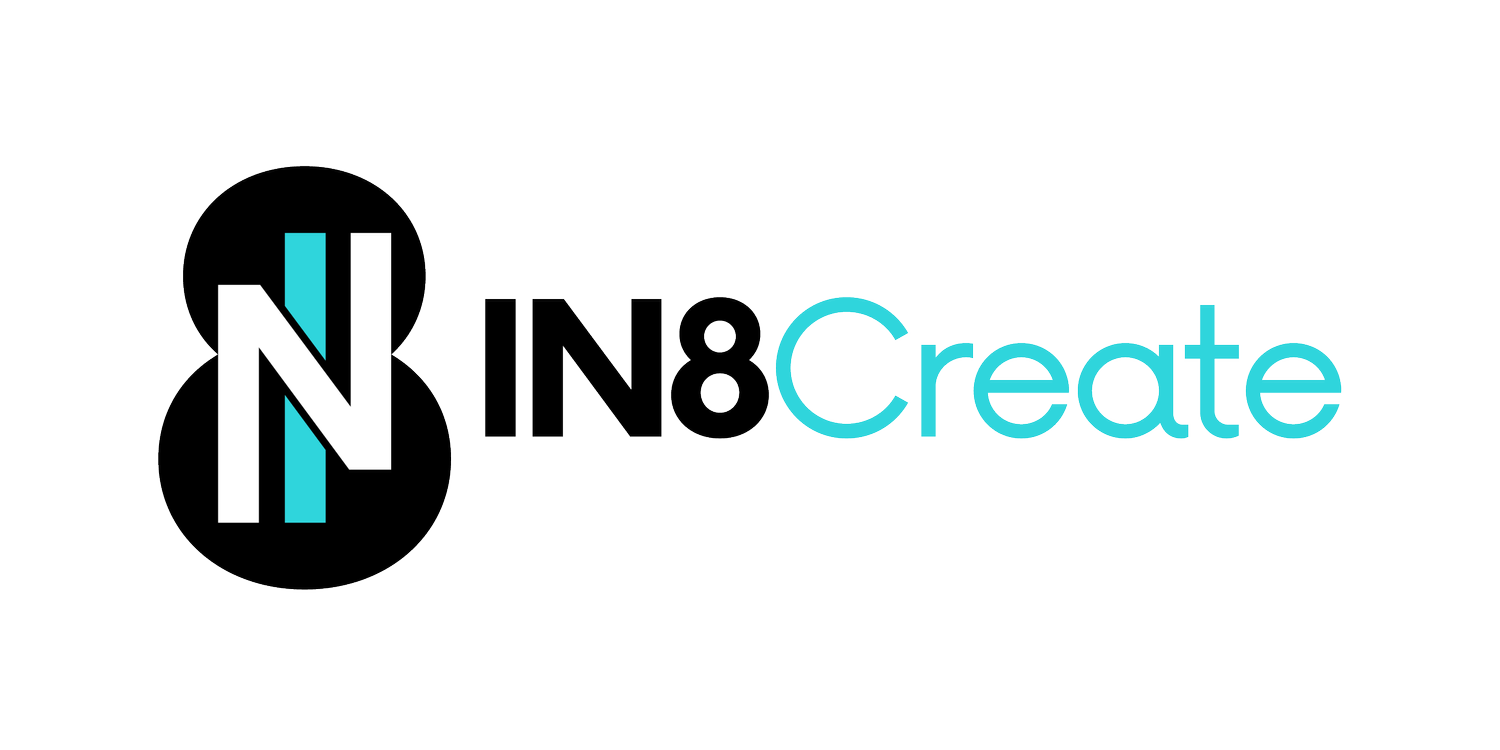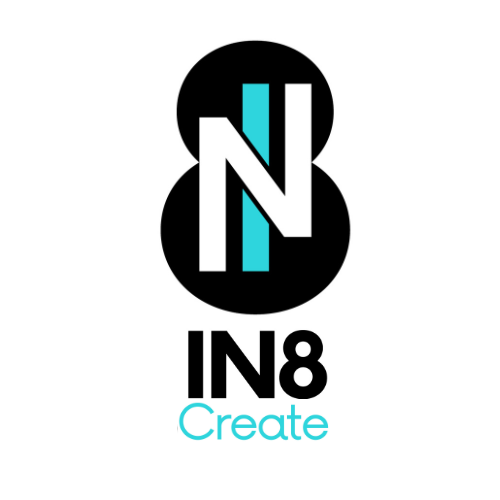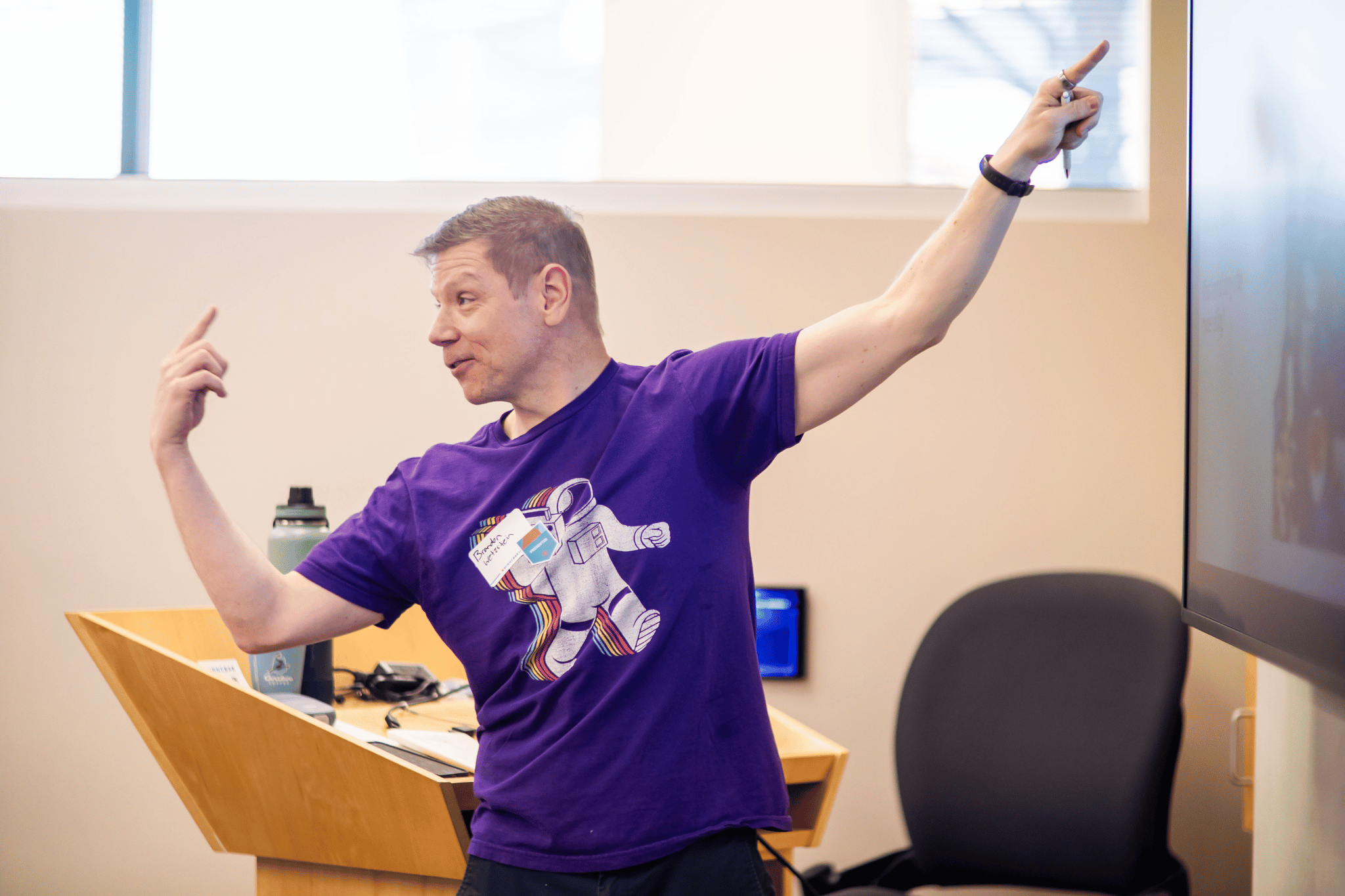Minnebar 19
Building Better Teams in Minneapolis, MN
Building Better Teams at Minnebar 19: What 1000+ Tech Folks Taught Me About Collaboration
Last Saturday, I had the privilege of presenting "Building Better Teams" at Minnebar 19, Minnesota's premier tech unconference. Over 1000 people gathered on a Saturday to learn from each other, and I got to facilitate a room full of brilliant minds through a hands-on exploration of what makes teams truly exceptional.
The One-Minute Tower Challenge
We started simple: "Build a tower with 10 pieces or less. You have one minute. Go!"
The room erupted into focused energy. LEGO bricks clicked together as software engineers, designers, product managers, and tech leaders frantically constructed their towers. When time was called, we had everything from elegant minimalist spires to complex architectural marvels.
But here's what was fascinating—every single person had a story about WHY they built their tower the way they did. The introverted developer who built wide for stability. The startup founder who went tall and risky. The engineering manager who created a perfectly balanced structure.
That's the magic of LEGO Serious Play methodology—it's not about the building. It's about the thinking that gets externalized through our hands.
Why Teams Matter More Than Ever
I asked the room: "Do you think teamwork is better or worse than it was in 2019?"
The collective groan told me everything. We've all felt it:
Social media creating echo chambers instead of diverse dialogue
Asynchronous communication losing the nuance of real conversation
Digital tools promising connection but often delivering convenience over quality
The phone-to-video-to-in-person spectrum where we default to the easiest, not the most effective
But here's the thing that makes this moment in history so critical: AI and automation are eliminating routine work, leaving us with only the most collaborative and creative challenges. The very skills that are hardest to digitize—creative problem-solving, innovative thinking, and human collaboration—are becoming our most valuable assets.
We need to get really, really good at flexing our teamwork muscle.
The Best and Worst Teams Exercise
Next, I had the room build models representing the best team they'd ever been part of. The stories that emerged were remarkable:
Startup teams pulling all-nighters that somehow felt energizing rather than draining
Open source projects where strangers became collaborators across continents
Emergency response teams where ego disappeared and collective genius emerged
Small dev teams that shipped impossible features because they truly understood each other
Then came the gut punch: "Now build a model of the worst team experience you've had."
The energy shifted. People built models of silos, communication breakdowns, competing priorities, and leadership failures. But something powerful happened in sharing these—we realized the patterns. The worst teams weren't filled with bad people; they were good people trapped in bad systems.
The Five-Part Team System
Through the session, we discovered what separates extraordinary teams from merely functional ones:
1. Leadership That Serves the Team
Not command-and-control, but purpose-driven leadership that encourages diverse thinking and creates psychological safety.
2. Genuine Connection
Trust and respect that goes beyond professional politeness—teams that see each other as whole humans, not just job functions.
3. Understanding Individual Uniqueness
Like a basketball team, every position matters. Understanding who's your point guard, who's your center, and how different strengths combine.
4. Shared Operating Agreements
The "Core Constants"—fundamental agreements about HOW the team works together, what matters most, and what success looks like.
5. Systems Awareness
Understanding how your team fits into and influences the broader organizational ecosystem.
The Sacrifice Paradox
Here's what I've learned from years of working with teams: Great teamwork requires strategic selfishness balanced with purposeful sacrifice.
Think about basketball—you're taught to be a shooter AND to make the pass that creates the best shot for the team. Sometimes that's your shot, sometimes it's setting up someone else for theirs. The magic happens when everyone understands their role in creating collective success.
This isn't about rules imposed from above. It's about teams creating their own agreements—and here's where the IKEA effect kicks in: we tend to value what we build together.
The Minnebar Magic
What happened in that room was electric. By the end of our session, strangers were high-fiving, sharing contact information, and making plans to try these concepts with their own teams. The joy, smiles, and animated conversations were all the survey data I needed.
We're living through a fundamental shift in what work means. The future belongs to teams that can collaborate creatively, think systemically, and build genuine trust. The technical skills that got us here won't be enough for what comes next.
But here's the good news: humans are naturally collaborative. We just need better frameworks, shared language, and yes—sometimes LEGO bricks—to help us rediscover what we're already capable of achieving together.
Curious about bringing this approach to your team? I work with organizations to build stronger, more collaborative teams through LEGO Serious Play methodology. Whether it's a 90-minute team building session or a comprehensive team development program, the goal is always the same: helping teams understand themselves, appreciate their differences, and create extraordinary results together.
Huge thanks to the Minnebar 19 organizers and everyone who participated in "Building Better Teams." You reminded me why I love this work—and reinforced my belief that the future of work is collaborative, creative, and more human than ever.



